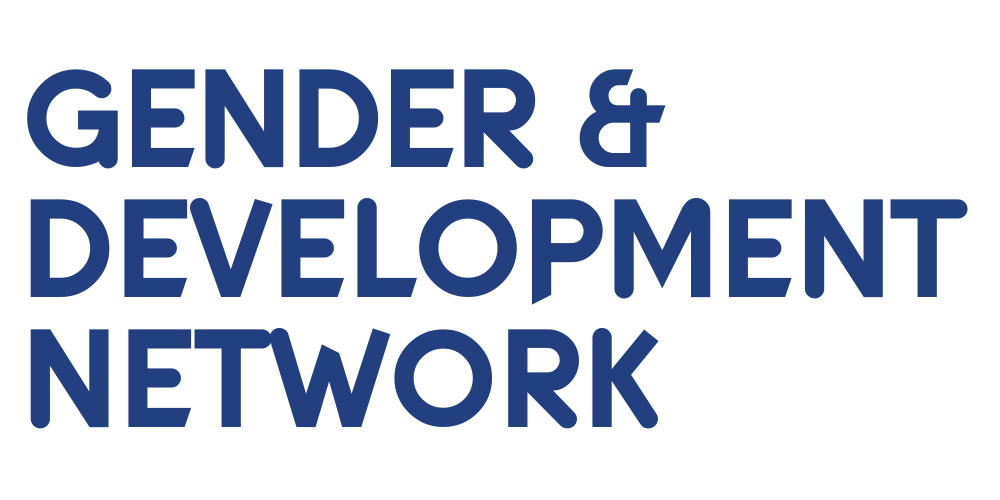W7 Communique
April 2021
Making gender equality a reality: Recommendations to the G7
Over the course of the W7 Summit, feminist experts, activists and practitioners have clearly demonstrated the wealth and richness of proven solutions to common global challenges that are at our collective disposal, offering the G7 specific and impactful paths forward. The W7 welcomes growing attention to gender justice, but real commitment means pledging both tangible results and funding to match the rhetoric. What is needed now is bold, transformative action.
The W7 Communique proposes detailed policy recommendations to the G7, underpinned by three core principles: equality and justice, accountability and meaningful participation in democratic decision-making, and just, equitable and green economies that centre wellbeing in post-pandemic recovery.
Recommendations to the 2021 G7 Summit
The UK government, during its presidency of this year’s G7 Summit, has announced a focus on gender equality throughout the Leaders’ and ministerial tracks. While the W7 supports this focus on gender equality, we also want to issue three challenges to G7 leaders and ministers as they embark on their negotiations.
First, that gender equality must be genuinely mainstreamed across all areas including climate change, open democracy, finance, trade and foreign policy. The W7 Summit revealed the rich array of work already being done to promote gender equality, and evidence of the many approaches that have been shown to work but need much more support. It is not enough for the G7 to focus on a few small-scale initiatives under the different tracks, rather than addressing the real solutions to systemic challenges around which there is already much consensus.
Secondly, that rhetoric must match the reality. While increased discussion of gender equality is indeed warmly received, we want to see tangible results – and this requires funding to match the rhetoric, not just for girls’ education but for ending violence, fulfilling reproductive health, and implementing the Women, Peace and Security agenda.
Thirdly, that bold action must be taken by G7 leaders, if they are to deserve their titles. Covid-19 has highlighted the need for real, transformative change in the way we think about economic policy domestically and internationally. Leaders will need to listen to the mounting evidence and be prepared to consider innovative and transformative solutions that focus on the creation of just, equitable and sustainable economies.
The W7’s more detailed recommendations are grouped into eight thematic areas, which cut across and connect the different ministerial tracks of the G7’s work. These thematic areas are:
Women’s economic justice
Climate
Women, Peace and Security
Violence against women and girls / gender-based violence
Health, including sexual and reproductive health and rights (SRHR)
Education
Democracy, accountability and meaningful political participation
Racial justice and decolonisation
Through drafting these policy recommendations, the W7 is helping to ensure that feminist perspectives, the expertise of women’s rights organisations, and the lived realities of marginalised people of all genders are front and centre in the G7 process – and that G7 leaders hear them and take action. As the G7 Summit approaches in June 2021, representatives of the W7 will meet with key decision-makers to put forth our proposals for the G7.
